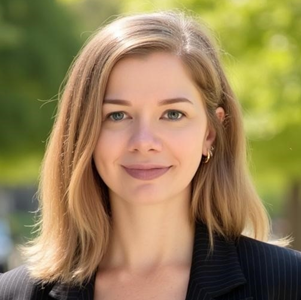
Michelle Gossner
‘Targeting Youth Educational Disengagement in Regional Queensland’
Central Queensland University, QLD
Awarded 2022
Co-funded by Rotray District 9640
“As a Bundaberg local and primary school teacher, I have observed the negative impact that parental social disadvantage can have on student educational experiences and engagement. This motivated me to undertake impactful community research within my area of interest.”
Researcher Profile
Michelle Gossner is currently a PhD student at Central Queensland University under the supervision of Dr Cassandra Dittman and Dr Lisa Lole. She began her career as a primary school teacher working across various educational contexts in Australia and the United Kingdom. Michelle recently completed her Bachelor of Psychological Science (Honours) and received a First-Class classification. Prior to commencing her PhD, Michelle undertook an undergraduate Summer Research Scholarship and interned on various research projects.
She has a strong interest in child and adolescent development, particularly the influence of family context, parenting practices and parental mental health. Michelle is passionate about conducting research that can impact the community in a meaningful way.
Project Summary
The Bundaberg Region (Queensland) has long been acknowledged as one of the most disadvantaged communities in Australia. Educational disengagement is likely a major contributor behind this intergenerational transmission of disadvantage. The region has an alarmingly high education attrition rate compared to the state average. Thus, a significant proportion of young people in the Bundaberg Region are at risk of long-term disadvantages, such as unemployment, welfare dependency, poor physical and mental health, criminality, and substance abuse. Although these consequences are well documented, the risk and protective factors associated with youth educational disengagement are poorly understood. Further, few studies have focused on this issue in regional and rural settings.
To address these gaps, the present study aims to gain a better understanding of the complex factors that either disrupt or promote youth educational disengagement by using the Bundaberg Region as a case study of regional and rural Australia. It also aims to collect data to inform the evaluation and development of community-driven initiatives that encourage educational engagement among regional and rural youth. An exploratory sequential mixed methods approach will be used to capture both the prospective and retrospective accounts of educational disengagement. This will include interviews with parent-adolescent dyads, focus groups with community members and a large-scale school-based survey with primary school children.
Supervisors: Dr Cassandra Dittman and Dr Lisa Lole